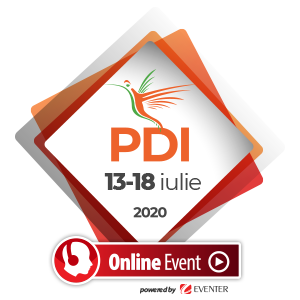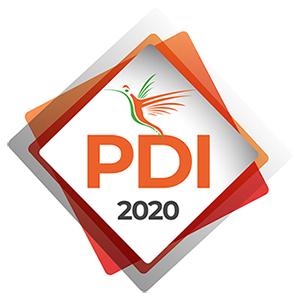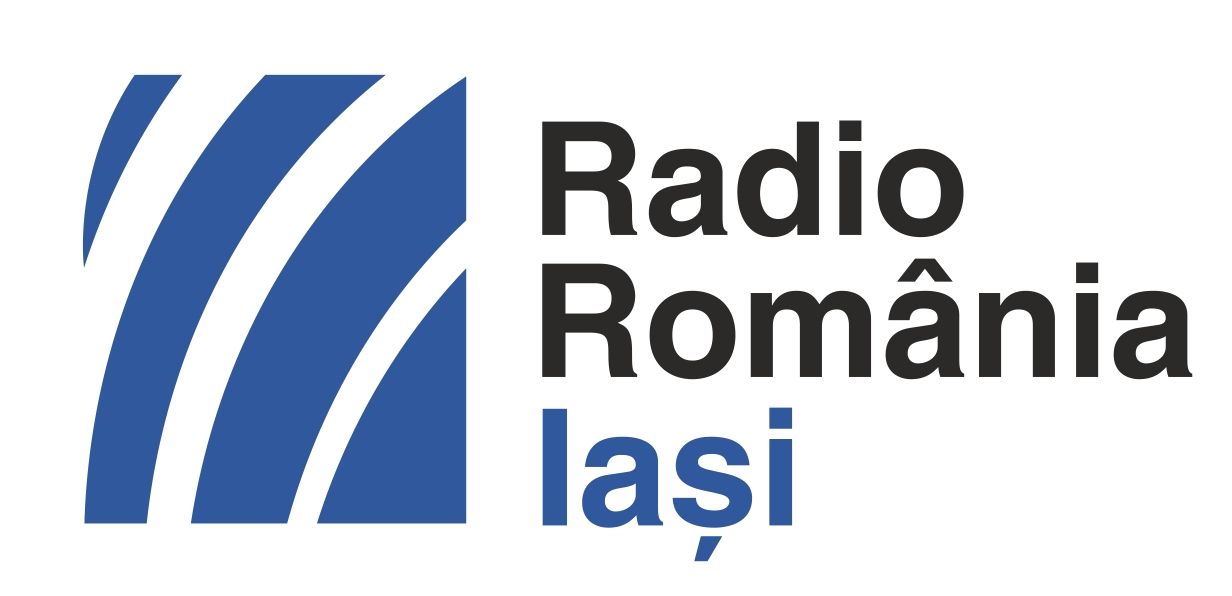Assoc. Prof. Dragana Nikitovic


Assoc. Prof. Dragana Nikitovic
Associate Professor of Histology-Embryology, Medical School, University of Crete, Heraklion, Greece
LOW MOLECULAR WEIGHT HYALURONAN (LMWHA)/TLR4/NF-ΚB SIGNALING AXIS CONTRIBUTES TO CONTACT ALLERGEN (PPD AND DNCB)-INDUCED KERATINOCYTE SENSITIZATION
Author: Dragana Nikitovic
Allergic contact dermatitis (ACD) is caused by topical exposure to chemical allergens. Keratinocytes play a key role in innate immunity, as well as in ACD progression. The transmembrane Toll-like receptor 4 (TLR4), strongly implicated in skin inflammation, has the ability to bind Damage Associated Molecular Patterns (DAMPs), like Low Molecular Weight Hyaluronan (LMWHA). We had determined that p-phenylenediamine (PPD) and 2,4-dinitrochlorobenzene (DNCB) modulate keratinocyte HA deposition in a manner correlated to their sensitization. In continuation we show that contact sensitizers significantly increase the expression of Hyaluronan Synthases (HAS) and TLR4 in NCTC2544 human keratinocytes. These data, in correlation to earlier shown enhanced HA degradation suggest that the contact sensitizers facilitate HA turnover of keratinocytes and increase the release of pro-inflammatory, LMWHA fragments. Treatment with exogenous LMWHA enhanced TLR4, HAS levels and Nuclear factor-kappa beta (NF-κΒ) activation. PPD, DNCB and LMWHA-effects were shown to be partly executed through TLR4 downstream signaling as shown by Real-Time, western blot, siRNA and confocal microscopy approaches. Specifically, PPD and DNCB stimulated the activation of the TLR4 downstream mediator NF-κB. Therefore, the shown upregulation of TLR4 expression is suggested to further facilitate the release of endogenous, bioactive HA fragments and sustain keratinocyte activation. In conclusion, keratinocyte contact allergen-dependent sensitization is partly mediated through a LMWHA/TLR4/ NF-κB signaling axis.
SHORT CV
Dragana Nikitovic is an Associate Professor of Histology-Embryology at the School of Medicine, University of Crete (UOC) in Heraklion, Greece. She obtained BSc in Biochemistry-Molecular Biology from the Faculty of Natural Sciences, University of Belgrade, Belgrade, Serbia and earned a MSc diploma in Department of Medical Biochemistry and Biophysics, Karolinska Institute, Stockholm, Sweden in 1998 as well as Doctor of Medical Sciences degree (PhD) from the Medical School, University of Crete, Heraklion in 2008. Dr Nikitovic is co-author of 91 original publications or reviews and 6 book chapters. She is a member of the editorial board for PlosONE (2014-present) and has acted as Guest editor of Special Issues published in BioMed Research International-Pharmacology and Biomolecules. Her research interests are focused on: Matrix Biology, Tumor Biology and Signal Transduction, Disease Markers, Molecular Targets, Inflammation, Biological Testing as well as Cytotoxicity. Emphasis is given to extracelluar matrix components signalling and especially to their implication in tumorigenesis and inflammation.
Contactează operatorul PDI 2020
Operatorul PDI 2020
![]()
Adresa: Str. A. Panu nr. 13, Iasi
Tel.: 0332.40.88.00-05
E-mail: inscrieri@primaderma.ro
Website: www.eventernet.ro
Parteneri Media




